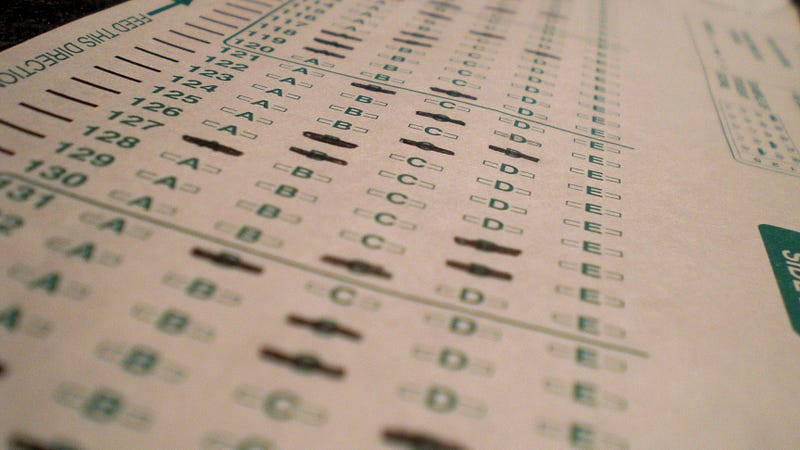PARCC Is Going Away. What’s Next?
The voices of educators must be heard to prevent a rocky transition to a new test.

The news is out: Maryland is replacing the PARCC test with a new state standardized test, to be launched in the 2019–2020 school year. While PARCC’s problems are well documented, much about the new test is still unknown. So what’s next?
PARCC May Be Going Away, But Standardized Testing Isn’t
Annual standardized testing in grades 3–8 and once in high school is a federal requirement. Whether or not Maryland uses PARCC, standardized testing will still be required.
MSEA has been successful in passing legislation to limit the overall amount of testing — passing the More Learning, Less Testing Act in 2017 to limit standardized testing to no more than 2.2% of annual instructional time and the Protect Our Schools Act to dial back the emphasis on standardized testing in school accountability.
We need to make sure that the successor to PARCC doesn’t take over schools for months at a time like the current test has. This is a real opportunity to transition to a better test that addresses the many concerns that educators, parents, and students have expressed about PARCC.
Time to Listen to Educators
“Educators across the state do feel we could do better than PARCC,” MSEA President Cheryl Bost told the Baltimore Sun. “Whatever the next test is, it has to be shorter, it has be useful.”
The test also needs to be far less disruptive to teaching, learning, and the normal operation of the school day. From educators being pulled from their normal duties, to students being pulled out of classes to take the test, to media centers and computers being unavailable for weeks, there are a number of issues that urgently need to be addressed.
Implementation of PARCC — and other standardized tests before it — have been plagued with problems, largely because the voices of educators have not been at the table as the tests are developed and rolled out. The transition from the MSA to PARCC was so bumpy that MSEA called it “the tsunami of education reform” because so many poorly-explained changes hit educators all at once.
As the new test is developed, we must ensure that the test:
- Is a valid measure of student learning and whether or not students are college or career-ready.
- Is developmentally appropriate.
- Is actually aligned with the curriculum being taught.
- Is relevant to students receiving special education services and to English language learners.
- Is free of underlying bias in the formulation of the questions, disadvantaging students of some backgrounds over others.
Maryland also has the opportunity through the Every Student Succeeds Act to pilot performance-based testing, which has been found to be a more authentic measure of learning and far less disruptive to the school day. Whatever the next steps are for standardized testing, it’s critical that educator voices are at the table to prevent a whole new set of implementation problems and frustrations in schools across the state.

